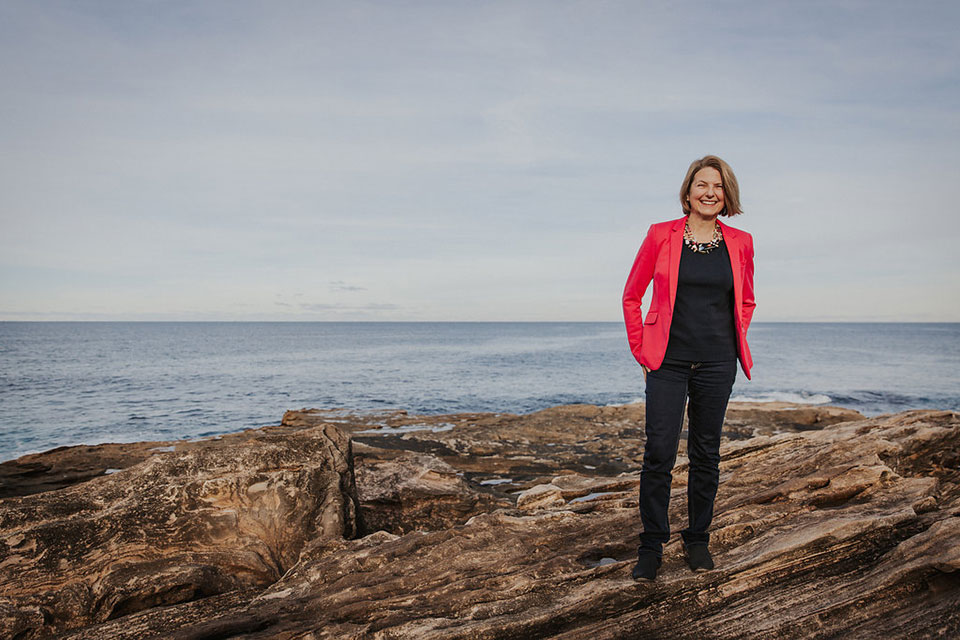How To Create Your Own Self-Care Roadmap?

Holistic wellbeing comes from managing your physical, mental, emotional, social and spiritual energy. To achieve a positive energy balance requires you to first become aware of what is giving you energy and what is drawing energy from you. In some ways, it works like a bank account. When you are in the negative and can’t see any energy coming in soon, you will feel exhausted, run-down and highly stressed. Not a good place to be.
One way to look at structuring your self-care plan is to go back to the Energy Map in which you visualised your current state. Have a look at the nine segments of your life where you might want to increase your energy levels.
You can influence your physical, mental, emotional, social and spiritual energy with different activities in different segments. They are all interdependent. Look at the segment you would like to change and ask yourself: What type of energy is missing for you, or what type of energy would you like to have more of — physical, mental, emotional, social or spiritual?
Following are a few self-care activities to choose from or use as springboards for your own ideas.
Physical energy (body)
Your physical body is the foundation for your wellbeing and performance. It needs quality sleep, naps and rest, good food, movement and exercise to function in healthy ways.
The way you breathe has a huge impact on your health. Find your own way of unplugging from technology. Limit the use of alcohol and other substances. As much as possible, live in non-toxic and safe environments. A regular medical check-up with your doctor might also be a good idea.
Mental energy (mind)
Looking after your mental health includes a variety of psychological care activities, like becoming aware of your thoughts and mindsets, actively dealing with negative mind chatter, practising mindfulness and meditation, journaling to free up your mind, and staying curious and challenging your brain to learn new things.
Check in with yourself to determine whether the beliefs, values and deeply held views that were shaped by early life experiences are still serving you. If they are no longer useful, work on letting them go or redefining them. Nurturing social connections, being in nature and taking physical exercise also help to keep you mentally fit and happy.
Emotional energy (emotions, feelings)
Mindfully sense your emotions without judgement, process them and/or let them pass. Breathe deeply when it all becomes too much. Learn to say no and create healthy boundaries. Laugh often. Do something you enjoy or love. Learn something new to help you build confidence. Practise self-compassion.
Social energy (connecting with other people)
Choose wisely whom you spend time with. Nurture and maintain strong personal relationships. Spend quality time with your most important friends and family members. Understand people’s love languages. Be aware and intentional about the balance between giving and receiving (social reciprocity and or altruism). Get involved in a cause and join a group with common interests. Volunteer or be of service. Reach out when you need help.
Spiritual energy (connecting with different systems and environments)
Find your purpose and meaningful work. Connect to something bigger than yourself. Meditate, pray, have a contemplative practice — whatever works for you. Connect with others who share your philosophy. Spend time in nature and discover moments of awe. Wild nature always delivers. Learn more empowering ways to deal with money.
Overall energy management (practices for all areas)
Set boundaries to control what energies you allow to come in and go out. Decide how much external interference in your life you will accept. Practise appreciation and gratitude. Take 100 per cent responsibility for your life. Be aware of finding the right balance between activity and rest, engagement and withdrawal, closing off and opening up. Value your time on this planet — each and every moment.
Keep it simple. Find a couple of overarching priorities that you want to work on. There are many different ways to practise self-care. What might work for you might not be the right thing for someone else.
The important point is to make self-care a priority in your calendar and just get started. Taking time for self-care is not always easy, but doing something small each day, week or month is a good start.
Most of these care activities only become beneficial if you find a way to hold yourself accountable and do them on a regular basis. After you have given something a good try and find it doesn’t work, you can always adapt your plan.
It is worth remembering that self-care is there to fulfil your vital needs as a human being. All of your needs will change over time — some will increase, some will decrease. Thus, your roadmap to optimal self-care will never be static. You will need regular check-ins with yourself to evaluate whether your current plan is still serving you.
*******
Written by Ingrid Messner.
Bring the best of the CEOWORLD magazine's global journalism to audiences in the United States and around the world. - Add CEOWORLD magazine to your Google News feed.
Follow CEOWORLD magazine headlines on: Google News, LinkedIn, Twitter, and Facebook.
Copyright 2025 The CEOWORLD magazine. All rights reserved. This material (and any extract from it) must not be copied, redistributed or placed on any website, without CEOWORLD magazine' prior written consent. For media queries, please contact: info@ceoworld.biz








